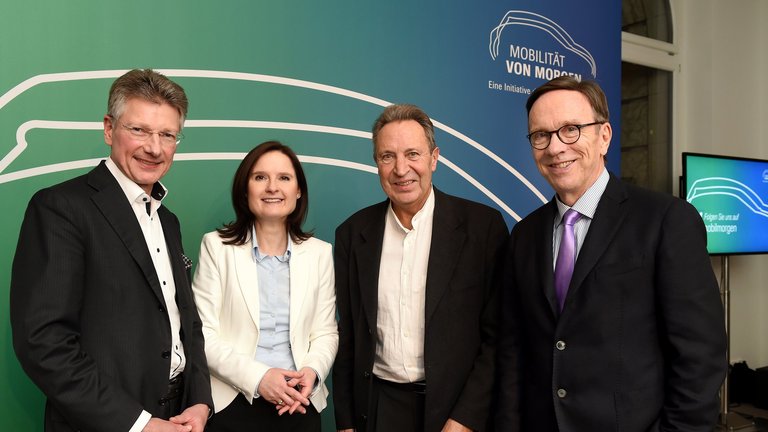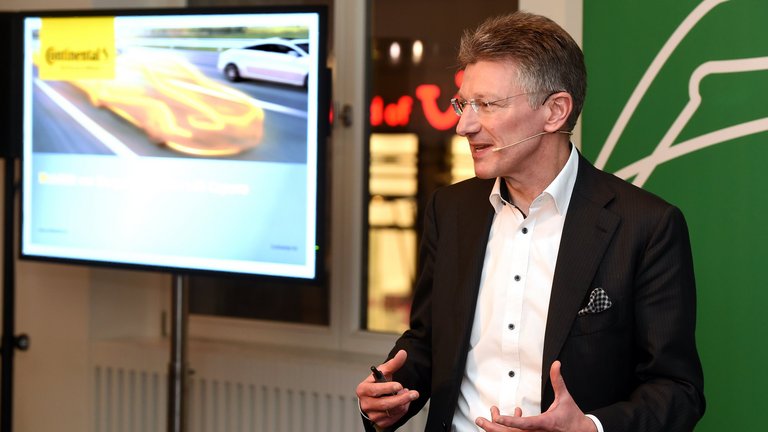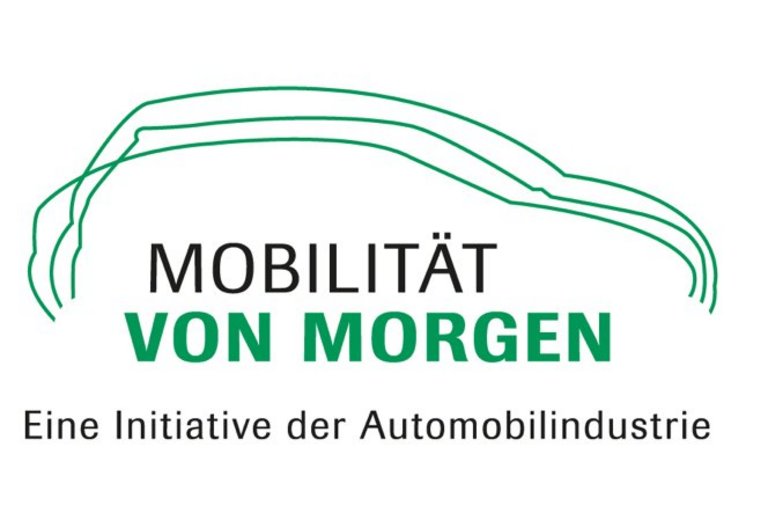Assisted and Automated Driving are paving the way to put road accidents into the museum
- VDA round-table discussion with Continental CEO Dr. Elmar Degenhart and philosopher Prof. Rafael Capurro on the subject of the “Mobility of the future”
- Discussions on ethical decisions made by software must be conducted worldwide
- “Advanced driver assistance systems and automated driving are important for preventing fatal road accidents and gridlock,” says Degenhart
Berlin, Hanover, November 30, 2016. “Automated driving will ensure safer and more efficient transport. Furthermore, it will give us back valuable time that we could otherwise use for better purposes,” explained Continental CEO Dr. Elmar Degenhart during yesterday's “Mobility of the Future” event held by the VDA in Berlin. Questions on the opportunities and risks of automated and autonomous driving, alternative drive systems, and new ideas for mobility were discussed with philosopher Prof. Rafael Capurro.
“Every year, 1.3 million people die on roads around the world. We cannot and must not remain indifferent to such a situation. With assisted and automated driving, the concept of zero road accidents is now no longer a utopia,” said Degenhart, calling for an internationally accepted social directive for the engineers involved in development and the programs that they employ. This directive should to take ethical factors into account, such as data protection and security, questions of liability, social demands, and the number of lives saved from road accidents by advanced driver assistance systems and automation.
“The use and further development of assisted and automated driving must never fail in terms of the most extreme emergencies for an automated vehicle. We need a regulation for the unlikely situation that an accident cannot be prevented. Today, drivers must have lightning-fast reactions in these situations. Whom do they protect, and whom do they not? They generally react intuitively and without thinking at the time. Automated vehicles are designed to prevent such situations from happening in the first place. However, how should they react in such an emergency with a pre-programmed computer on board? Our engineers need help answering this question,” said Degenhart.
Degenhart acknowledged the creation of the ethics committee by the Federal Ministry of Transport and Digital Infrastructure, which is concerned with such topics. “However, a solution specific to Germany is not sufficient. The German automotive industry is a global leader in the technology of automated driving. Adapting the relevant legal conditions worldwide is important for further development. The aim now is to align them gradually with the technological possibilities and harmonize them as fully as possible,” said Degenhart, before praising the volume of support from politicians and associations in the support of test areas, for example.
Advanced driver assistance systems and automated driving as preventative measures against road accidents
In the discussion, moderated by TV journalist Ines Arland at the VDA's Berlin office, Degenhart emphasized the opportunity that the use of safety technology represents for road traffic. “Driver assistance systems and automated driving could make a significant contribution to increasing road safety. With these technologies, road traffic accidents will finally become a thing of the past.”
A comparison to the air travel industry underlined the vast difference. “Every day, enough people to fill seven wide-bodied aircraft die on roads around the world. No-one would accept it if seven such aircraft were to crash every day,” said Degenhart. The CEO of the international technology company Continental therefore considers advanced driver assistance systems and automated driving “lifesaving systems for road traffic and as important as vaccines in medicine. Vaccines may not save every single life, but they prevent illness on a massive scale. Our technologies protect against fatal road accidents and gridlock in a similar way.”
Automation of road traffic for better safety and more efficient transport
“According to statistics, every driver in Germany spends 1.5 years of their life in traffic jams. This is an immense waste of time, for both people and the economy,” commented Degenhart, highlighting another opportunity that would come with automation. More and more vehicles in production today are taking the first step to fully automated driving with partly automated driving functions. For some time now, it has been possible to experience their benefits in real driving situations. Many of Continental's approximately 32,000 engineers and software experts collaborated on this. The company anticipates that fully automated driving functions will be available for use on controlled-access highways from 2025.
Continental is developing and producing the necessary components and systems for automated driving worldwide – in the U.S.A. as well as in Japan, China, and Europe. The engineers involved are working on six key elements: sensor technology, cluster connectivity, human-machine dialog, system architecture, reliability, and the acceptance of automated driving.





